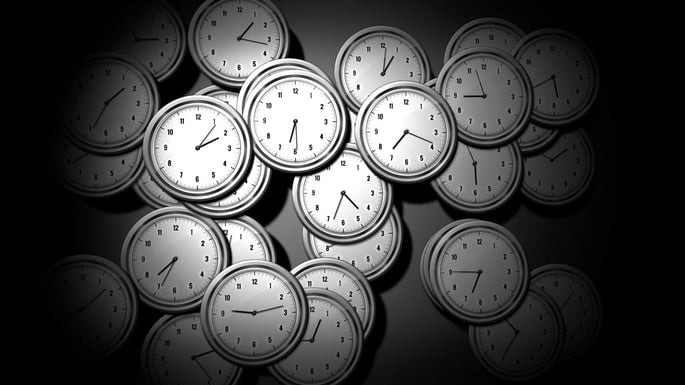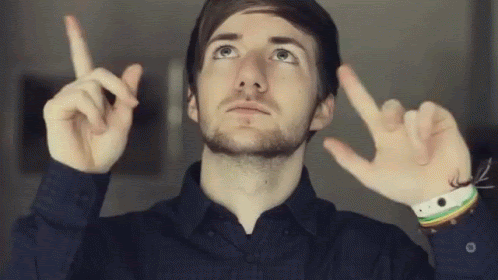What happens when we choose sides?
3-minute read
Our current Stud(ies) of the Month centers the work of the late Emile Bruneau, leader of the Peace and Conflict Neuroscience Lab at the University of Pennsylvania.
Raise your hand if you found yourself choosing sides in a political or social conflict in 2020.
Yeah. Me too.
The pandemic gave us “to mask or not to mask.” The uprising for racial justice forced a reckoning around equity and inclusion and what justice looks like. The U.S. election was (is?) one of the most stressful and polarizing events of the century.
So what happens to the brain when we choose sides in social conflicts?
Bruneau studied how our brain gauged other peoples’ perceptions of us, and how these metaperceptions impacted behavior in conflict. Bruneau was especially curious about the metaperceptions of groups. When our group metaperceptions are at play, we’re trying to gauge what outgroup members feel about our ingroup.
His guiding questions: How accurate are our estimates of how much an opponent dislikes us? How does the accuracy of these perceptions impact our feelings and behaviors towards our adversary?
Pause
Imagine the groups of people you disagree with on fundamental levels. Now, imagine what they think of you. Where do you think they would rate you on the “Ascent of Man” chart above?
The method
Bruneau used the provocative method above to measure metaperceptions. By dispensing with a 5 point scale and instead using the “Ascent of Man” chart, Bruneau was not only able to investigate metaperceptions of the outgroup, but also when ‘dislike’ tips over into “dehumanization.”
He ran this study with multiple ingroup/outgroup conflicts: Israel and Palestine, ethnic Hungarians and the Roma, the United States and the Middle East, and the American political system.
The results
In multiple studies, Bruneau measured the accuracy (or inaccuracy) of groups' metaperceptions of each other. For example, in surveying Democrats in America, Bruneau asked “How intense is your negative feeling towards Republicans?” and “How intensely do you think Republicans dislike Democrats?”
Bruneau found again and again that ingroups overestimate the hostility of outgroups. Not only that, when the ingroup metaperception is that the outgroup is dehumanizing the ingroup (“Group X are animals!”), the ingroup is more willing to engage in political or physical violence against the outgroup.
Why this matters (to me)
I picked a lot of sides in 2020. I advocated for dramatic change in our society to advance racial justice. I railed against the incompetence of my opposing political party. I spent a lot of time dumbfounded at the ways friends and family assessed risk in the pandemic.
Bruneau’s research asks me difficult questions. How might I, feeling the fire of righteousness, have closed off an opportunity for connection? How might I, feeling the burning urgency of the moment, have interpreted a signal of productive conflict as a personal attack?
What does this research mean for allyship and advocacy? What does it mean to recognize the threats to Black lives, trans lives, to women in the workplace, to immigrants in the United States, and to also resist the trap of meta-dehumanization of assuming the worst about my opponents?
What does it mean to be compassionate towards a powerful minority that seeks to invalidate the election? What does it mean for ‘us’ (whichever ‘us’ you belong to) as signs point to increasing inequality and increasing polarization in the destructive wake of 2020?
How do I maintain a mental model of the humanity of those who I think threaten my loved ones?
What does it make you think about?
Want more Bruneau? Check out his work here.
Are you interested in other ways to think about conflict? Check out The LeaderLab powered by LifeLabs Learning podcast 4-part series "Difficult Conversations." Get the podcast on Spotify or wherever you list to podcasts.





